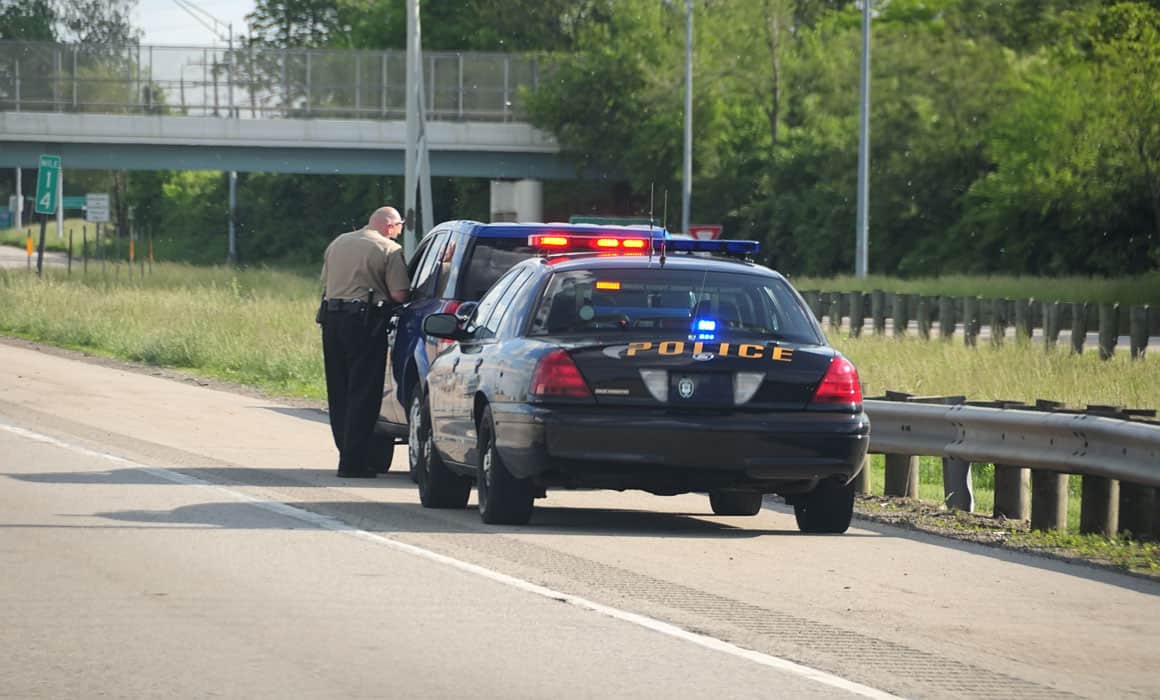I Was Stopped by the Police, Will My Car Be Searched?
When a motorist is stopped by police, the smart thing to do is follow orders and let the officers do their jobs. In the current policing climate, drivers are reluctant to give any resistance to a law enforcement officer during a routine traffic stop. However, it is also smart to know your rights, especially if your compliance may overexpose your vehicle to an illegal search. It can be helpful to realize that if such a search produces evidence of a crime, that evidence may be inadmissible in proceedings against you.
Compliance Requirements
If you are pulled over by a law enforcement officer, you are required to stop your vehicle, produce a valid driver’s license, provide proof of automobile insurance, and present a registration card for the vehicle you are operating. For your safety and theirs, the officer may request that you keep your hands visible or that you either remain seated in your car or that you exit the vehicle. These are reasonable requests that you should follow.
In fact, during a routine traffic stop, you should make all attempts to follow the officer’s requests. The function of the law is not only to help officers, but also to protect the rights of citizens. Just as citizens should obey the law, officers should know the boundaries of the law and respect your rights. Unfortunately, some officers break the law themselves.
Non-Compulsory Options
You may opt to answer the officer’s questions, but it is within your right to remain silent. You may request a lawyer at any time. Officers must be mindful not to prolong their investigation and interview, so as not to detain you beyond a reasonable amount of time.
Probable Cause vs. Reasonable Suspicion
During a traffic stop, officers may ask to search your vehicle. Consenting to such a search is mandatory only in very specific instances. To justify a vehicle search, officers must have probable cause, meaning that they must present a valid reason for believing that the search is necessary. This probable cause standard is more lenient than a requirement of reasonable suspicion. This strict rationale is applicable when an officer has a plausible belief that a motorist is in the process of committing, has just committed, or is about to commit a crime.
The United States Supreme Court ruled in 1968 that law enforcement must have a factual reason for pulling over a motorist. Interpreting that standard, a 2015 update to New Jersey state law provided that a traffic stop must be prompted by an articulable and reasonable suspicion of a potential or active crime or cover up. Even if you consent to the search, a judge may rule that the reasoning behind it was unsound, making the evidence legally inadmissible.
Haddonfield Criminal Lawyers at Aita Law, LLC Fight Illegal Searches
If a search of your vehicle turned up evidence of a crime, an experienced Haddonfield criminal lawyer at Aita Law, LLC can help determine if that evidence can be used against you. Contact us online or call us at 856-287-7800 to set up a free consultation. Located in Haddonfield, New Jersey, we serve clients throughout South Jersey, including Cherry Hill and Camden County.

